Shaping the Future of Banking: How a Master of Science in Financial Technology Sets Leaders Apart
Long queues and passbooks no longer define banking. Today, mobile apps, digital wallets, and AI-driven platforms are rewriting how money moves. The question many professionals now ask is simple: what is fintech, and how will it shape the future of banking?
Fintech—short for financial technology—is transforming the global economy at a pace faster than any previous wave of banking innovation. From blockchain and digital payments to cybersecurity and AI-powered risk management, fintech in the banking and finance industry is not just enhancing services; it is redefining them. This shift creates exciting opportunities for those who can bridge the worlds of finance and technology.
Banks and financial institutions are in urgent need of leaders who understand both balance sheets and blockchain, as well as regulatory compliance and digital disruption. Employers are actively seeking professionals with in-demand fintech skills, including data analytics, cybersecurity, and digital product design. With the proper education, you can position yourself at the forefront of this transformation and emerge as a leader in the industry.
This is where a Master of Science in Financial Technology from the Asian Institute of Management (AIM) comes in. More than a degree, it is a launchpad for ambitious professionals who want to shape the future of banking.
What Is Financial Technology?
Financial technology refers to the integration of digital innovations into traditional financial services. It covers everything from mobile payments and peer-to-peer lending to blockchain and robo-advisors. In the banking and finance industry, this means reimagining processes that once took days into transactions that now occur in seconds.
The impact is profound. Fintech in the banking and finance industry has introduced efficiencies in payment systems, expanded access to underbanked populations, and transformed risk management through the use of data analytics. Moreover, fintech solutions have become central to regulatory compliance, fraud detection, and even ESG (Environmental, Social, and Governance) reporting.
For professionals already in banking, the rise of fintech is not an optional field of interest. It is a mandate. Institutions are racing to integrate digital solutions, and the demand is not just for technologists but for leaders who understand both finance and technology at a strategic level.

What Is the Future of Financial Technology?
Looking ahead, what is the future of financial technology? Reports from the Boston Consulting Group (BCG) show that fintech is entering a phase of consolidation, where scaled winners will dominate while others fade. Banks and fintech firms will increasingly collaborate rather than compete, integrating financial services into ecosystems like e-commerce, ride-hailing, or even social platforms.
At the same time, the World Economic Forum predicts that jobs in AI, data science, cybersecurity, and fintech strategy will experience significant growth over the next five years. This means graduates who possess the right blend of technical fluency and financial acumen will find themselves in strong demand.
For professionals, the future of fintech presents both opportunities and challenges. The demand is clear: leaders must be agile enough to keep pace with change while remaining grounded enough to navigate regulations, risks, and governance. This is why targeted education is vital.
Why a Master of Science in Financial Technology at AIM?
A traditional finance degree equips you with markets, investments, and accounting. An IT degree builds your skills in programming, systems, and infrastructure. Both are valuable, but the challenges of modern banking demand more than a single focus. Leaders today need to bridge finance and technology with equal fluency.
The Master of Science in Financial Technology (MSc FinTech) program at AIM excels in this regard. The program is designed for finance and tech professionals who are actually stepping into a new era: one where digital payments are the default and fintech is scaling rapidly across ASEAN. This program equips you to lead in the fast-changing digital finance ecosystem, not just adapt to it.
Delivered in partnership with Manchester Metropolitan University through a Joint International Award, this pioneering 24-month hybrid program blends finance, technology, and innovation. It is the first graduate-level fintech program in the Philippines, designed to produce leaders fluent in blockchain, AI, RegTech, and digital banking.
What Sets MSc FinTech Apart
- Joint International Award: Delivered with Manchester Metropolitan University, combining the regional strength of AIM with a leading UK institution.
- Cutting-Edge Curriculum: Integrates finance expertise with innovation in blockchain, AI, RegTech, and digital banking.
- Future-Ready Skills: Hands-on labs, APAC-focused use cases, and applied projects ensure graduates are prepared for the realities of banking transformation.
- Hybrid Delivery: Flexible and work-compatible, balancing on-campus sessions with online modules to fit professionals’ schedules.
- Career-Ready Approach: Regulatory fluency and Southeast Asia–specific case studies prepare graduates to design and implement financial innovations that drive growth and inclusion.

Fintech Skills in Demand: The AIM Advantage
The MSc FinTech curriculum directly addresses the in-demand skills of today’s fintech professionals. These include:
- Blockchain and Digital Assets: Understanding distributed ledgers, cryptocurrencies, and tokenization, and how these tools reshape settlement, clearing, and fundraising.
- Artificial Intelligence in Finance: Applying AI in banks, which includes machine learning for credit scoring, fraud detection, and predictive analytics in investment and consumer banking.
- Cybersecurity and Risk Management: Safeguarding digital platforms against cyber threats, ensuring compliance with evolving regulations, and protecting customer trust.
- Digital Payments and Financial Inclusion: Designing systems that allow banks to extend services to underserved markets, a critical growth area in Asia.
- Data Analytics for Decision-Making: Leveraging big data to improve product offerings, personalize customer journeys, and optimize operations.
Lead the Future of Banking with AIM
So, what is fintech really about? It is not only about digital payments or blockchain; it is the future of banking itself. The institutions that will thrive in the years ahead are those that treat financial technology as a foundation, not a side project. And the leaders of this future will be those who can connect financial expertise with technological innovation.
The Master of Science in Financial Technology at AIM positions you at this intersection. With a curriculum that blends finance, AI, blockchain, digital payments, and cybersecurity, the program equips you with both the technical depth and strategic vision the industry demands. It is tailored for ambitious professionals in the banking and finance industry who want to lead, not just follow.
At this pivotal moment, banks and financial institutions are seeking specialists who can manage technology, navigate regulation, and make decisions that drive growth and inclusion. The future of fintech in the banking and finance industry is unfolding now. The real question is whether you will watch the transformation happen or step forward and lead it.
Take the next step with AIM. Enroll in the Master of Science in Financial Technology and prepare to shape the future of banking. Inquire now!


